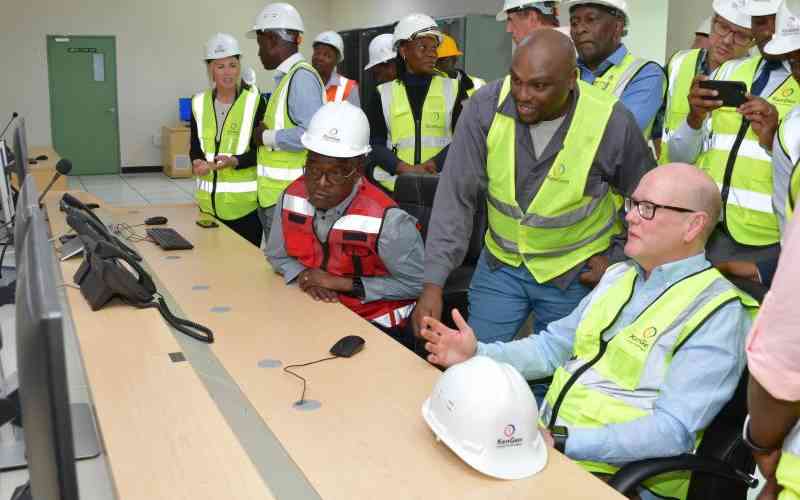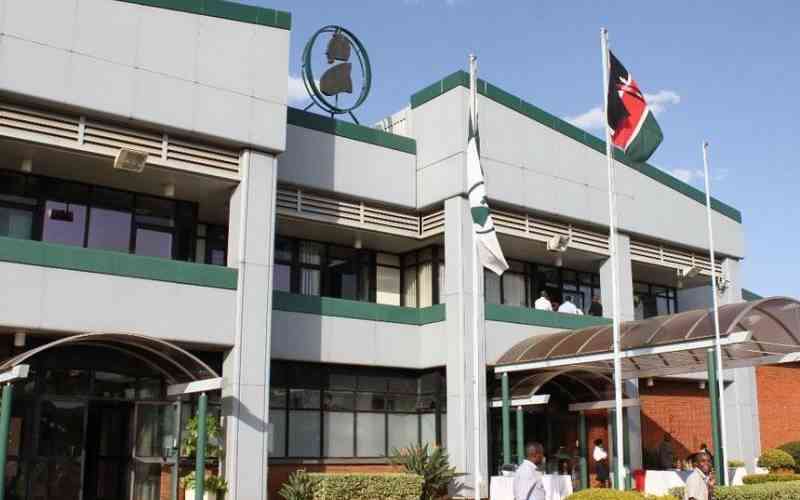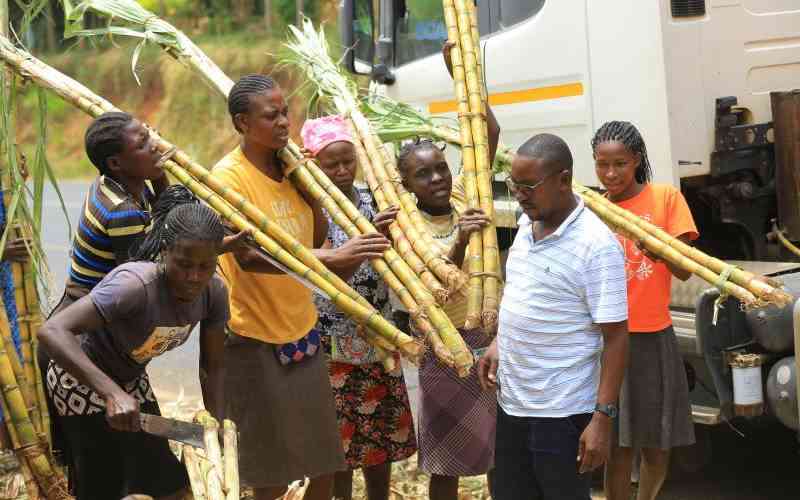Youthful protesters hang on an Administration Police lorry along Thika Road during the Gen Z 1st anniversary led protests on June 25, 2025. [David Gichuru, Standard]
Youthful protesters hang on an Administration Police lorry along Thika Road during the Gen Z 1st anniversary led protests on June 25, 2025. [David Gichuru, Standard]

"The biggest challenge in Kenya is the youth bulge. If not properly managed, it can become a ticking time bomb, potentially destabilising our country and continent."
Those were the words of former President Uhuru Kenyatta, issued before he left office. Today, they read less like a warning and more like a prediction coming to life. Africa, home to the world’s youngest population, is witnessing a surge in youth-led protests, driven by mounting frustration over corruption, poor governance, soaring living costs, and stubbornly high unemployment.
According to the International Labour Organisation (ILO), 53 million youth (more than one in five) in sub-Saharan Africa are not engaged in any form of employment, education or training. A deeper survey of African youth conducted by The Ichikowitz Family Foundation in 2024 found that three-quarters of respondents said it was difficult to find a job, and two-thirds were dissatisfied with their governments' efforts to create employment opportunities. The survey, which polled more than 5,600 Africans aged between 18 and 25 in 13 countries, also found that four in five were worried about corruption, most notably in the government, private sector and the police.
Kenya, like many of these African nations, sits on a demographic fault line: millions of young people, armed with ambition, energy, and frustration at equal measures, have been taking to the streets since June last year at the height of the controversial 2024 Finance Bill.
Stretching from Kenya to Mozambique, Gen Zs and millennials have been making their voices known against a system they feel has neglected them, and analysts expect this activism to intensify in 2025 as grievances persist.
This isn’t just a social issue; it’s now becoming an economic emergency, a governance crisis, and a test of political vision. What Kenya, and much of Africa, needs is not a heavier hand, but a clearer vision. The instinct to respond to youth protests with armed force reveals a leadership model stuck in the past. This generation is not asking for handouts; it is demanding opportunity, dignity, and a voice in shaping its future.
To address the elephant in the room, African Governments need to consider three fundamentals that revolve around jobs, trust and inclusion.
Youth employment must become a national emergency, not just a vague policy ambition. This means investing in sectors where young people are already active: the digital economy, climate-smart agriculture, logistics, and the informal sector. Across Kenya, young innovators are creating new income streams in social media, app-based health delivery, tech-enabled agriculture, and logistics, reshaping the job market from the bottom up. Public and private institutions should support and scale these efforts, not with handouts, but with policies, infrastructure, and capital that match the energy already in motion. These aren’t just jobs, they are youth-powered ecosystems of resilience and innovation.
The rest of Africa could borrow a leaf from Burkina Faso. Under Captain Ibrahim Traore’s leadership, the country is actively working to boost youth employment through various initiatives, including labour-intensive public works, skills development programs, and support for entrepreneurship, particularly in agriculture and agribusiness.
Second, governments must rebuild trust by tackling corruption not just in state offices but also in elite-driven public-private deals. Transparency and civic space are not threats; they’re stabilisers. Young people lose faith when impunity prevails. Restoring trust requires open contracts, accountability, and involving youth in oversight. Change must be seen, not just promised.
Third, young people must be given real political agency. Lowering the barriers to entry for youth-led movements, supporting youth entrepreneurship with capital, not just training, and involving young leaders in national dialogue are long overdue. One country that has realised the potential of youth in political circles is Namibia. In 2020, Emma Theofelus, just 23 then, became the youngest member of the Namibian Cabinet, serving as Deputy Minister of Information, Communication, and Technology. She is currently the youngest woman government minister in both Africa and Namibia.
Since her appointment at age 23, Emma has led efforts to remove VAT on sanitary pads, implemented in 2023. She is now pushing for YouTube monetisation and integration of digital payment systems like PayPal and Apple Pay. Her leadership illustrates the power of youth in shaping inclusive, forward-thinking policy.
Stay informed. Subscribe to our newsletter
So why can’t Kenya and the rest of Africa do so? Why are the youths still seen by many as risks or obstacles and not as national assets? The lesson is clear: ignoring youth voices will be a huge political risk to any government going forward.
Kenya’s future and that of the continent hinge on how we treat our youth today. Investing in jobs, skills, and civic space isn’t an act of charity; it’s an act of survival. The bomb is ticking. Whether we defuse it or let it explode depends on how seriously we take our youth today.
The writer is a communications specialist







